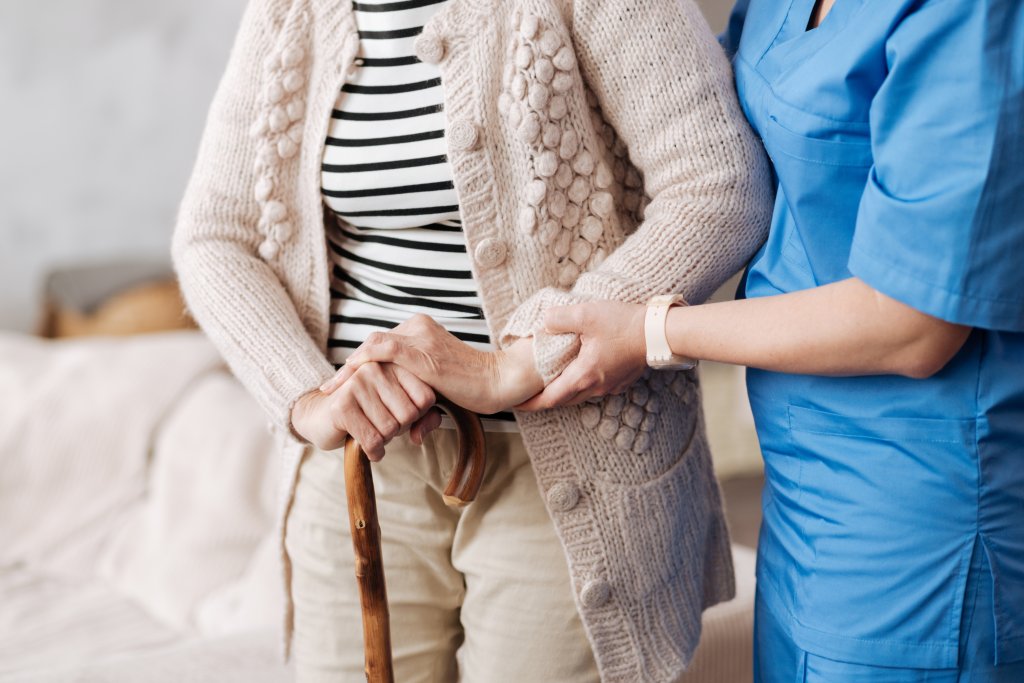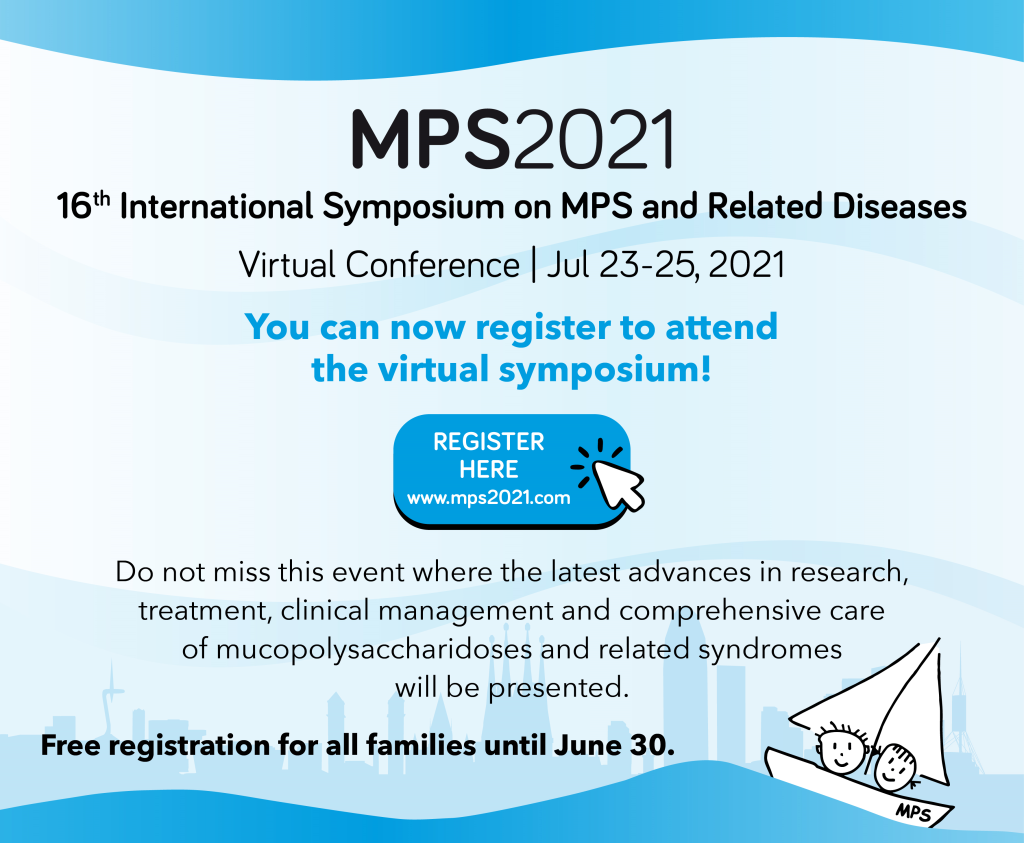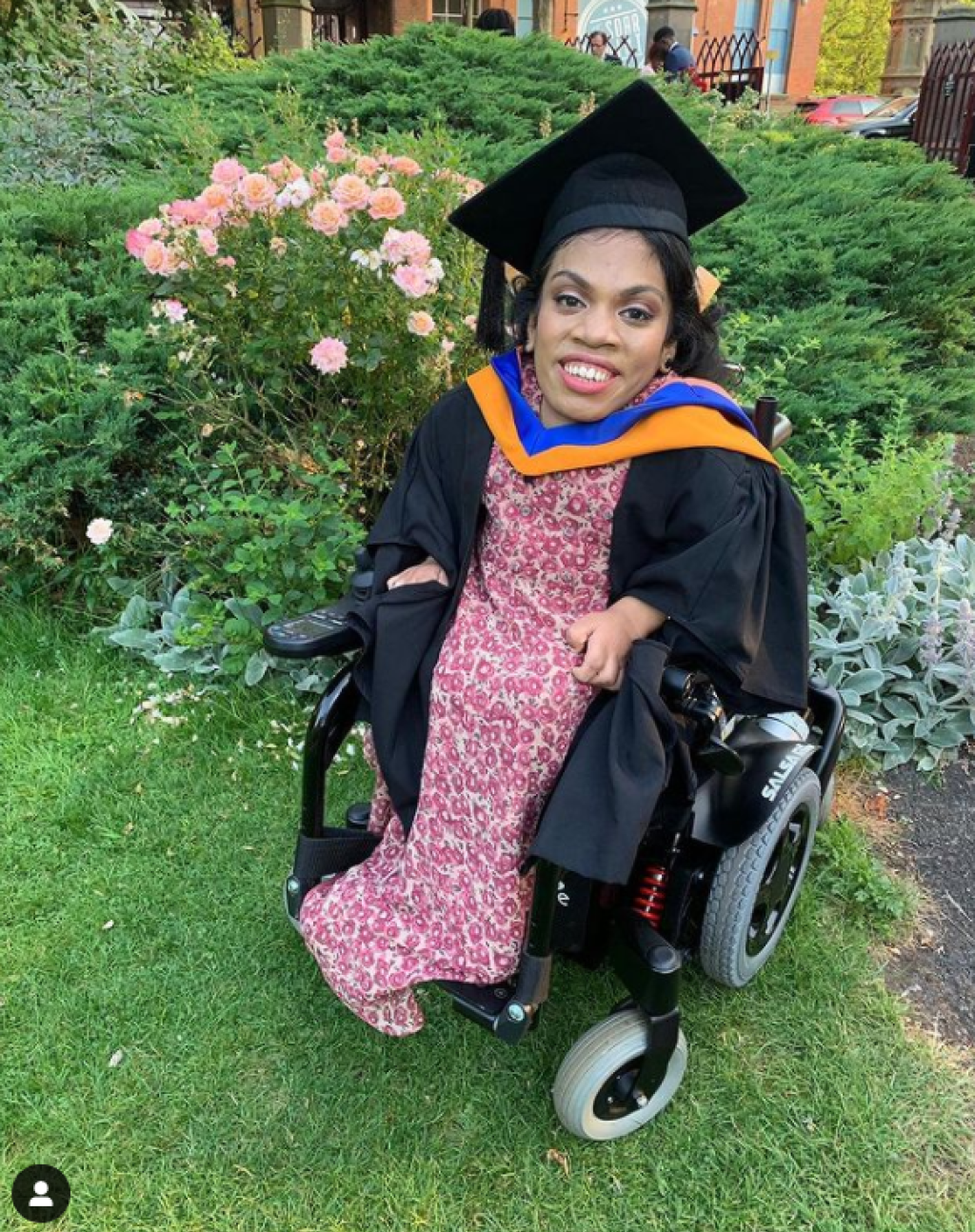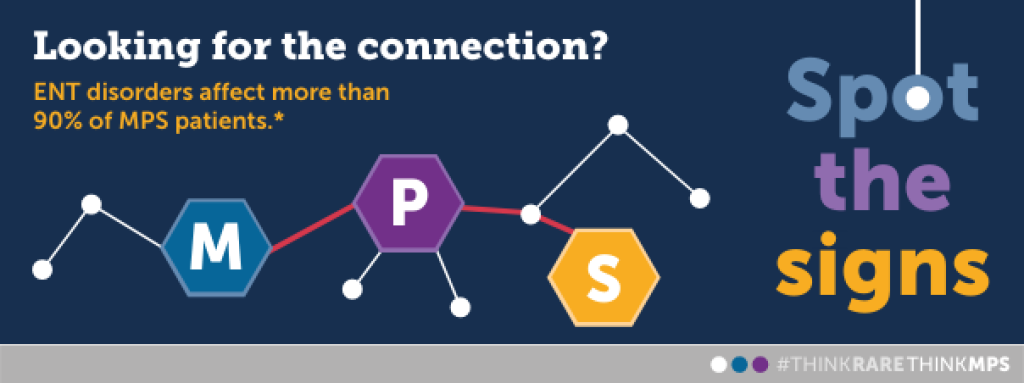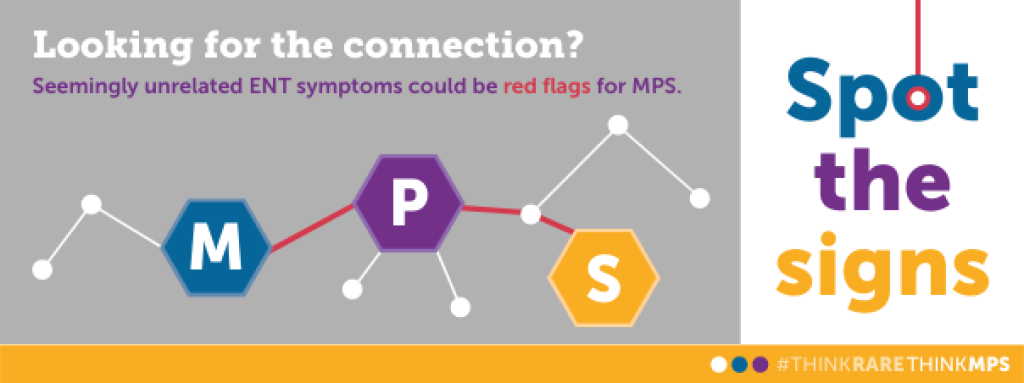This heartbreaking documentary from the BBC follows the first patient treated by the NHS with the life-saving drug Libmeldy but highlights how her older sister could have been saved had she received an earlier diagnosis.
The documentary follows Teddi who was diagnosed with Metachromatic Leukodystrophy (MLD) and her treatment with a life-saving drug developed by Orchard Therapeutics. The treatment was approved by NICE last November with the committee members concluding that “MLD is a rare, serious, and life-limiting condition that significantly affects the lives of people with the condition, their families and carers.”
Teddi received her diagnosis because her older sister, Nala, had already been diagnosed with MLD. When Nala was born she didn’t exhibit any symptoms. As her father Jake says, "She was always singing, dancing and spinning around everywhere, always laughing - just a cheeky little girl."
"She was always singing, dancing and spinning around everywhere, always laughing - just a cheeky little girl"
However, Nala's walking gradually became uneven and she started falling over more often. She was also showing signs of a tremor. Her parents Ally and Jake became increasingly concerned. Ally was convinced Nala had a brain tumour but it was when Nala had an MRI scan that the reality hit and she was diagnosed with MLD.
Because both Ally and Jake are carriers of the faulty gene, they were told Teddi had a one-in-four chance of also having MLD. Teddi was tested and it turned out she had also been affected. There was hope for Teddi as a new life-saving gene therapy had been developed and Teddi could be treated thanks to her early diagnosis. Sadly it was too late for Nala to receive treatment as the disease had caused irreparable damage. "When they told us there was treatment available for Teddi it was kind of a bitter pill to swallow because Nala can't be helped," says Ally.
"When they told us there was treatment available for Teddi it was kind of a bitter pill to swallow because Nala can't be helped"
In the UK, babies are given a heel-prick blood test which screens for nine genetic conditions, but this does not include MLD. This story highlights the need for urgent reform and expansion of the UK Newborn Screening programme. In December 2021 a formal application to add MLD to the UK Newborn Blood Spot programme was made to the National Screening Committee. Unfortunately, the assessment of any application in the UK is a very lengthy and challenging process and although we hope to hear a decision in 2023 about MLD, this will already be too late for children like Nala.
As part of the Newborn Screening Collaborative, a collection of 13 rare disease organisations with the same goal, we are calling for an urgent review of the policies and processes as one of three main priorities in 2023. Our other priorities are a review of existing and pipeline sources of evidence and political engagement.
Watch the BBC documentary here: www.bbc.co.uk/iplayer/episode/p0f30jsq/bittersweet-medicine
Read more about Teddi and Nala's story here: www.bbc.co.uk/news/health-64629680
Find out about MLD here: www.mpssociety.org.uk/mld
We are very grateful to the Shaw family for sharing their story and highlighting the importance of earlier diagnosis through Newborn Screening. We also want to give recognition to the MLD patient organisations ArchAngel MLD Trust and MLD Support Association UK who fought hard to get the treatment approved in the UK and to the team at Royal Manchester Children's Hospital who treated Teddi.
